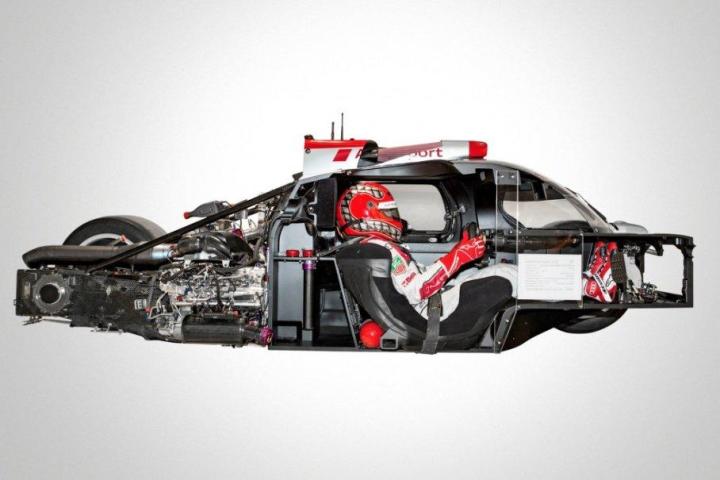
It appears that future Audi automobiles could be taking on a completely different form than many of today’s vehicles.
After helping to pioneer aluminum-bodied vehicles 20 years ago with the A8, Audi is now considering using a wider mix of materials for car frames.
Dr. Ulrich Hackenberg, the Audi AG board member in charge of technical development, told Popular Science that future Audi cars could feature a mix of high-strength steel, aluminum, laminated steel, plastics and carbon fiber materials for different parts of the frame.
Hackenberg said the idea is being driven by considerations over the cost, weight and strength of vehicles down the road.
“To make an area of a car in carbon fiber is very expensive,” said Hackenberg, during a roundtable discussion at the Frankfurt Motor Show. “We are looking at the cost aspects and the aspects of strength as a starting point.”
Using a variety of materials will require different development techniques, said Hackenberg.
“I think you need the right material at the right place in the car, and the challenge is how to bring it together,” he said.
Popular Science suggests that the next-generation Audi Q7, scheduled to arrive next year, could be the first vehicle to feature some of the new techniques.
Whether the process drives other carmakers to consider the technique remains to be seen. But if it helps usher in a wave of more fuel efficient and higher performance vehicles without sacrificing style and safety features, it could prove to be ground breaking on a number of levels.
Image Source: Popular Science


